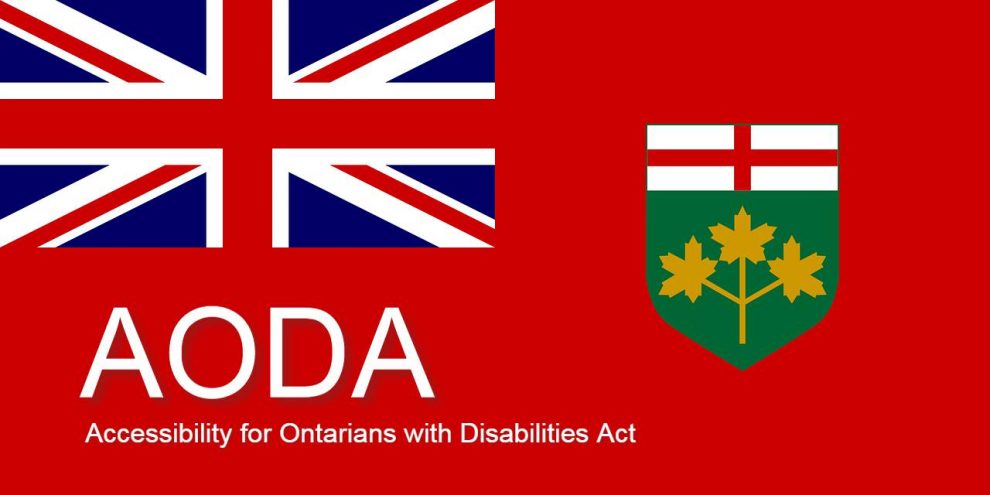If you’re from Ontario, Canada then you’ve probably heard of the Accessibility Act for Ontarians or AODA. It’s important for you to start paying attention to it because this is going to affect your business and especially your online business in some fashion in the coming months, if not years.
So what is AODA essentially about?
The AODA is an act that has been in place for about 25 years and sets out a process for developing and enforcing accessibility standards in a physical environment as well as online.
When they were installing ramps and everything in universities and businesses to make things more accessible, this can be considered as the first phase and now with the expansion of the internet and more things moving into a digital world, they’re now starting to implement a new phase.
As more and more people are becoming more reliant in their day-to-day activity for on the internet, this is to make the internet more websites more accessible to users with disabilities.
AODA regulatory standards
There are five specific standards and they are laws that apply to government, businesses, not-profits public sector organizations and they basically just apply to everybody and it’s just around to make daily life easier for everyone.
1. Customer service
This helps to remove any barrier, physical or otherwise, so everyone can access any goods or services and any facilities. This includes things like ramps in a physical environment or having an accessibility-compliant website for the online environment.
2. Information and communication
This second standard helps to make information accessible to everybody in-store or online. This covers things like posters in a real store or pop-ups and information online.
3. Transportation
These standards outline the ways to make travel easier for everyone. That is something like having ramps on buses so someone who is on wheelchairs can actually get onto the bus as well as having those first couple seats on that bus that move up so someone in a wheelchair can access the bus as well.
4. Employment
This standard helps to make hiring easier and it supports any practices within the business. It makes everything accessible to everyone so if there are any programs or grants that are available through your business, or if there are any rooms. If we’re talking about the physical sense within your business, the goal is to make everything accessible to everyone that you have hired.
5. Design of public spaces
The standard outlines how to make outdoor public spaces more accessible. These are things like ramps as well as wider walkways so anyone can access any outdoor location. These are also things like having stronger visual cues for anyone who has a visual impairment, and it just makes anything outdoors accessible to everybody.
By January 1, 2021, any public or nonprofit organization of 50+ employees does need to have an AODA-compliant website as well as anyone within the public sector organization. All this means is that your website has to be compliant.
Even though it’s only mandatory for businesses that have 50 or more employees, there’s a strong benefit for companies that are smaller to go down the path of making their website AODA-compliant. One its primary advantages is providing access to everyone when you have an accessibility-compliant website.
So what happens if a company that has 50 or more employees does not take action and does not make their web presence able to comply by January 2021?
There are some legal ramifications that can be placed against the company. The government won’t audit websites. A individual may go against this company and have a formal complaint and there will be some fines and ramifications if you don’t do that.
The standard comes into effect on January 1st 2021 and it’s possible to see more of these complaints come in as people are rolling out their AODA accessibility websites.
It’s not the government that will come after the non-compliant businesses but rather individuals who will now have the right to complain to the government.










Add Comment